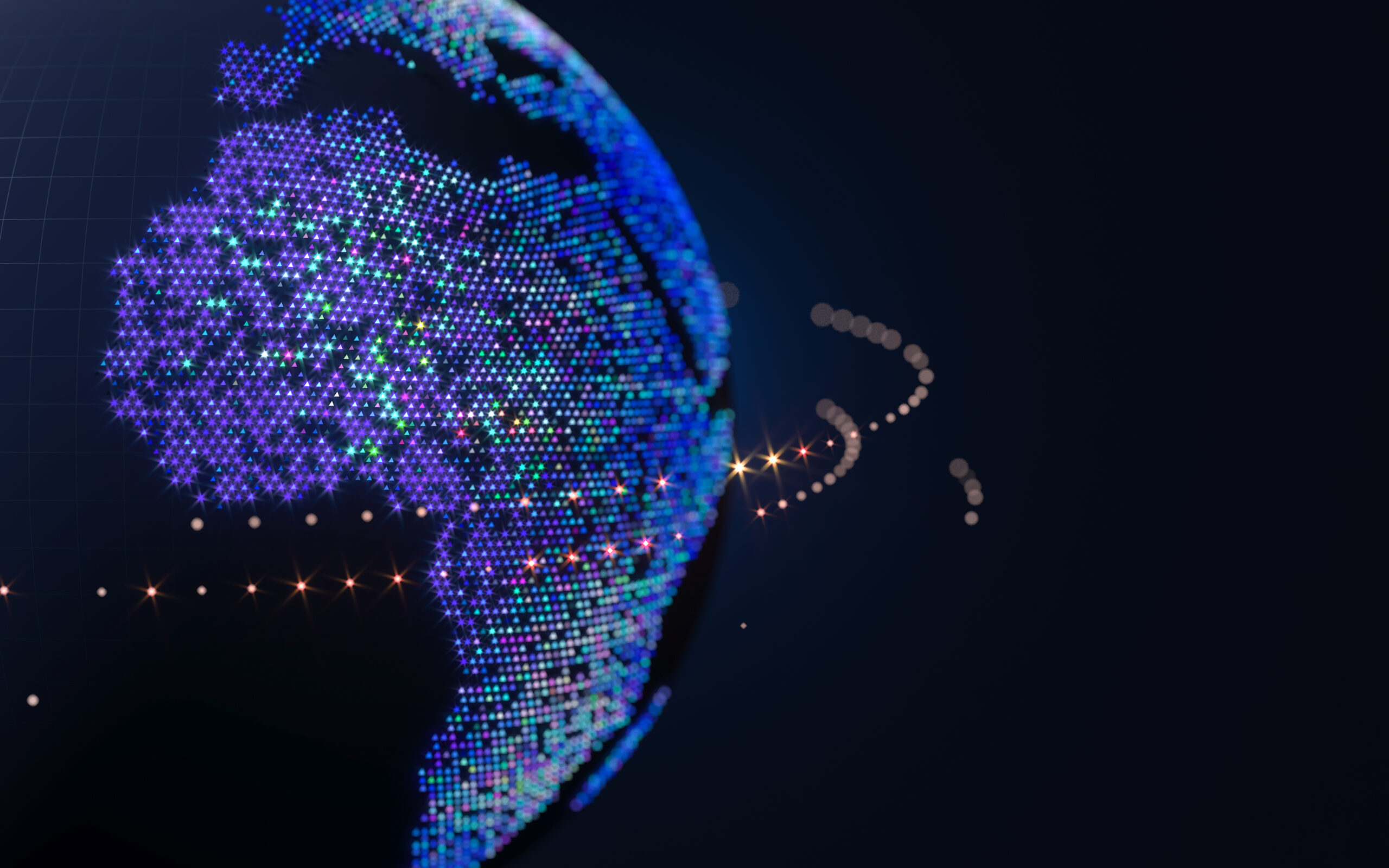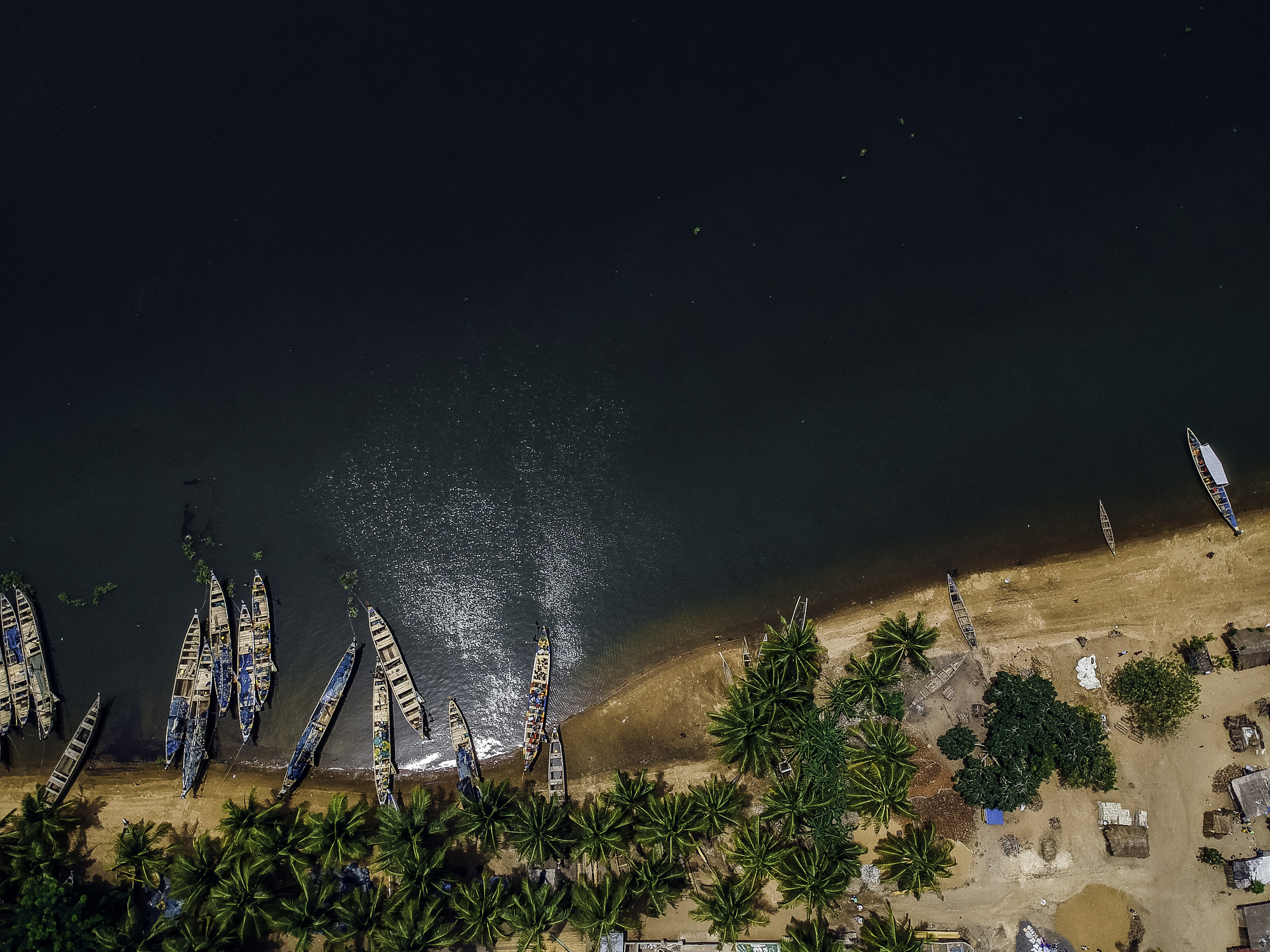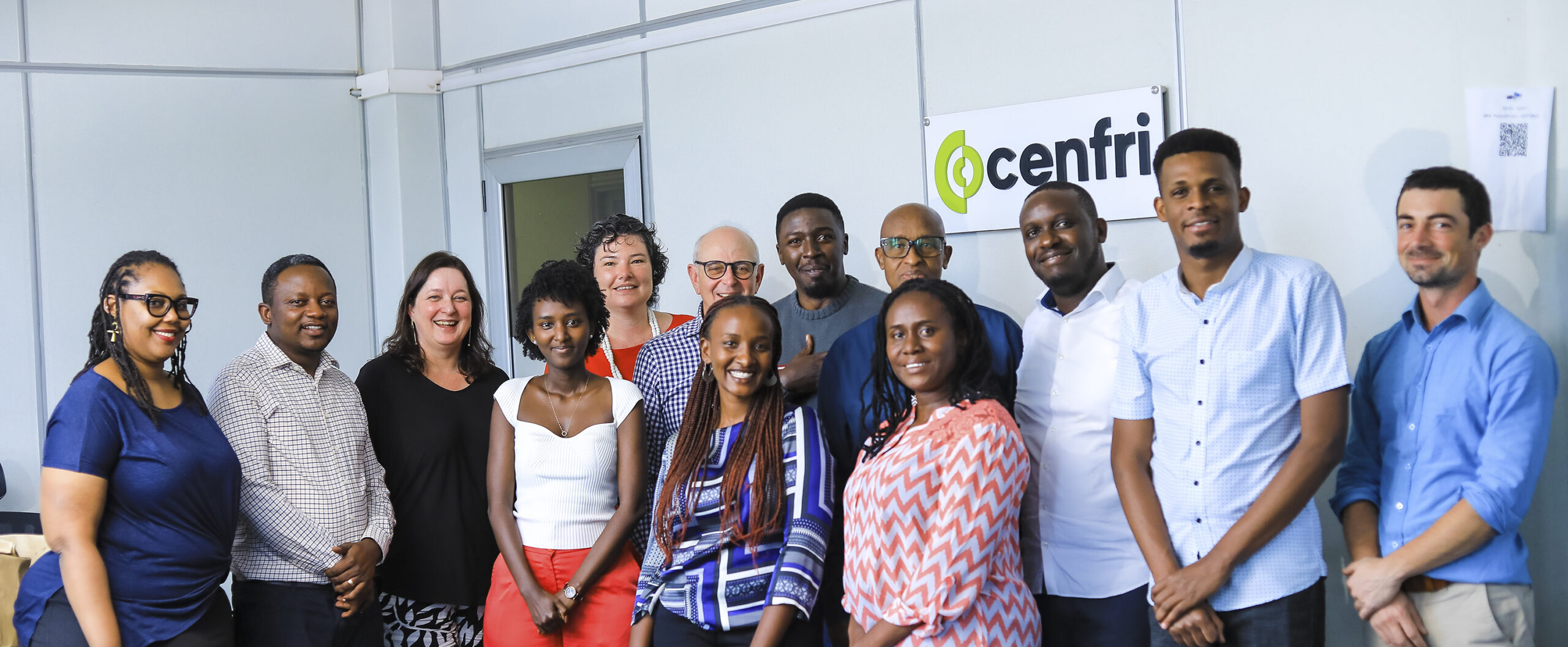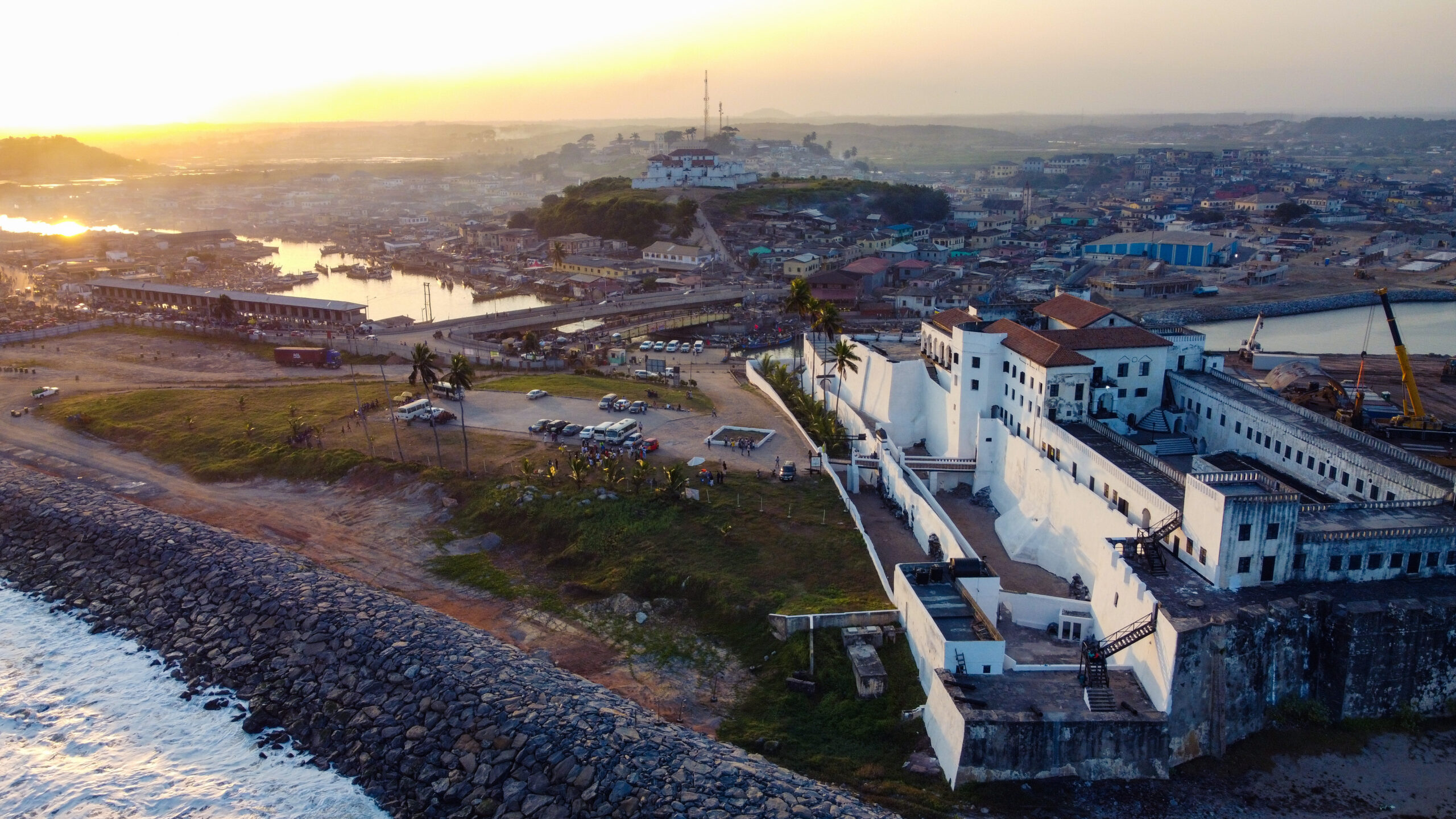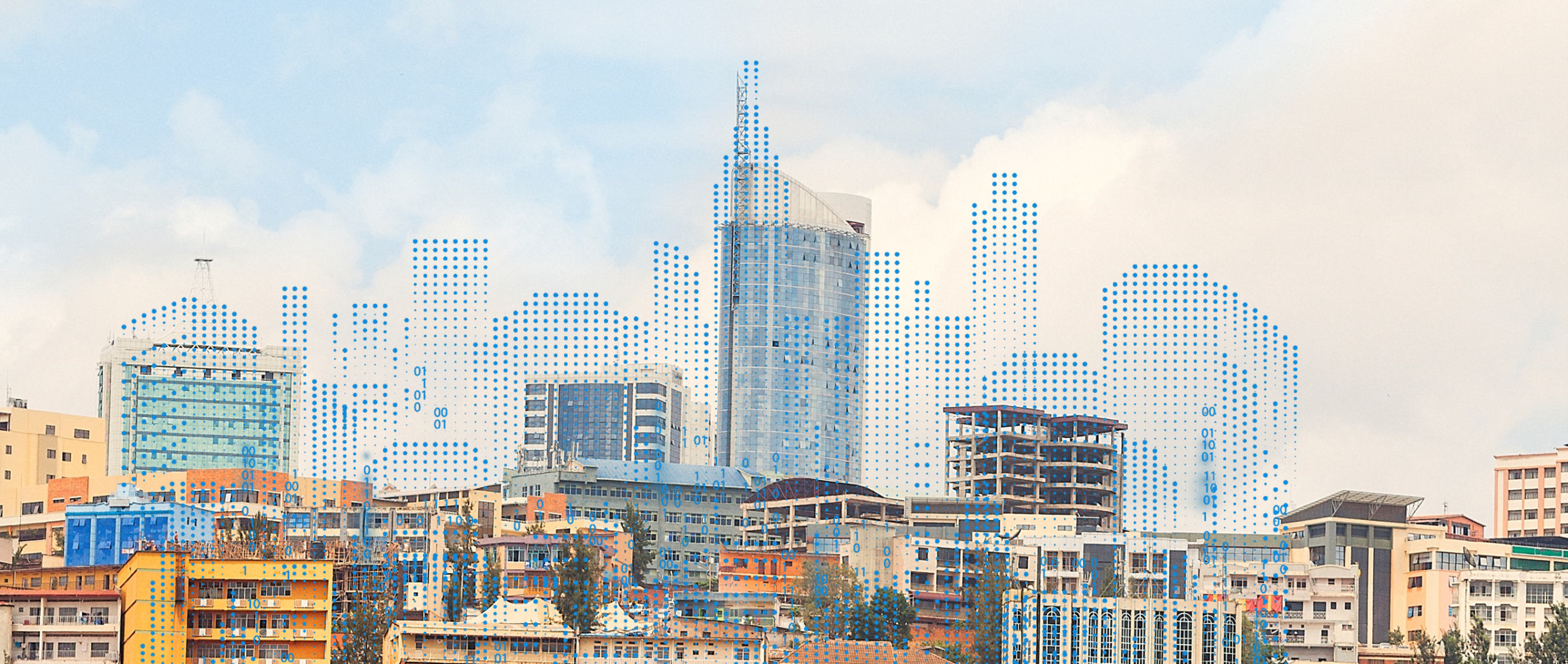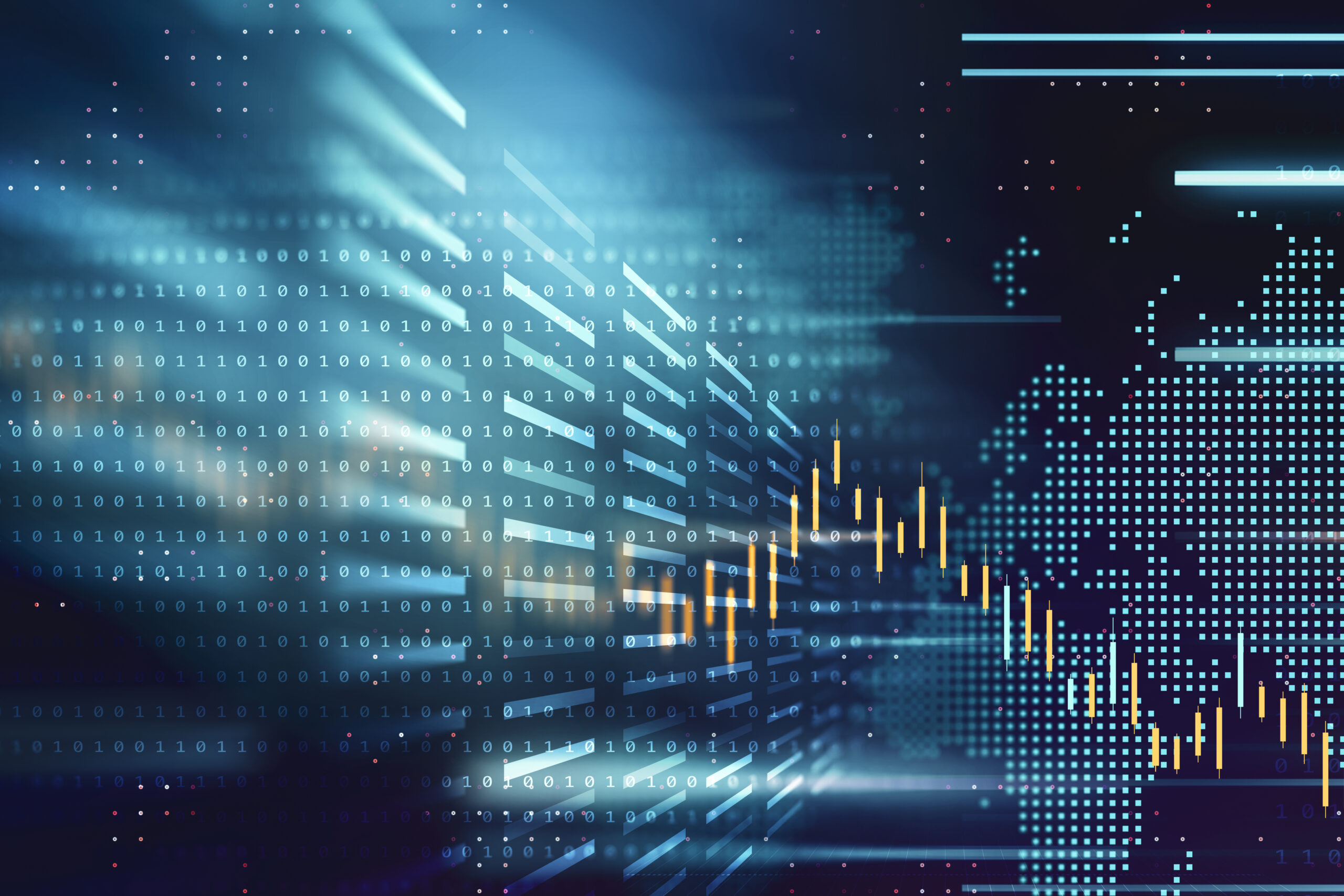
Building the fundamentals of a welfare-enhancing digitalised economy
Digitalisation per se has marginal impact; the crux is the way it is leveraged and implemented. We need a better understanding of how digital transformation could create welfare-enhancing societal outcomes. Where does the impact break down and why? What are the risks of negative impacts and how to manage societies’
